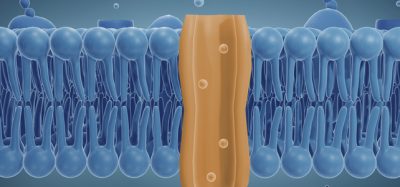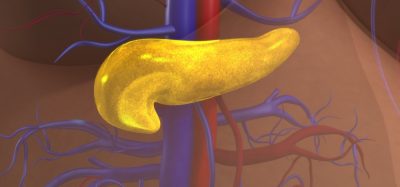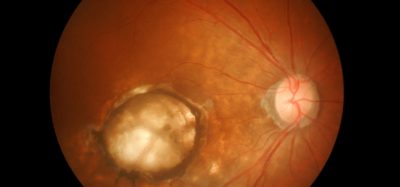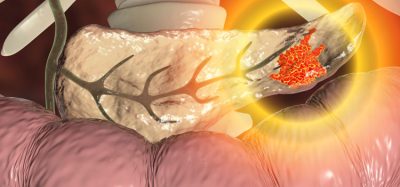Genetic defect in IBD patients linked to gut leakiness
Posted: 6 September 2021 | Anna Begley (Drug Target Review) | No comments yet
A genetic defect in patients with inflammatory bowel disease (IBD) was found to affect how intestinal epithelial cells maintain a barrier.

A team at the University of California Riverside, US, identified a novel mechanism by which loss-of-function mutations in the gene PTPN2, found in many patients with inflammatory bowel disease (IBD) affect how intestinal epithelial cells maintain a barrier. According to the researchers, this discovery may help identify how JAK inhibitors could be used to treat ‘leaky gut’ syndrome.
In the study, which was conducted in mice, human cells and tissue from IBD patients, the researchers showed that in IBD patients carrying a loss-of-function PTPN2 mutation, the expression of claudin-2, a protein that causes loss of water and sodium into the gut and promotes diarrhoea, is increased. Using mouse models, the McCole lab identified a dual mechanism that explains how claudin-2 expression increases and contributes to fluid loss.
PTPN2 typically acts as a brake on the expression of claudin-2, explained Professor Declan McCole, who led the study. The loss-of-function mutation in PTPN2 that occurs in IBD removes this brake and allows increased fluid loss. “In addition, PTPN2 also promotes an endogenous factor, called matriptase, that removes claudin-2 from the area of the cell membrane where it mediates its effects in allowing fluid loss to occur,” he added.
The cumulative effect of reduced PTPN2 activity on both mechanisms was elevated fluid loss. The researchers proved this defect could be reversed by treating cells lacking PTPN2 with recombinant or synthetic matriptase.
“Our work improves understanding of how the genetics of IBD can contribute to the altered physiology in patients that drives their symptoms,” said McCole. “It also supports our related work identifying how JAK inhibitors may be used to rescue ‘leaky gut,’ particularly in patients with loss-of-function mutations in the PTPN2 gene.
The study also showed that a recently identified and rare novel mutation in PTPN2, which causes gut epithelial damage in children, also increases gut epithelial leakiness without causing epithelial cell death. “This suggests that patients who develop this condition may exhibit ‘leaky gut’ before full-blown disease occurs,” McCole concluded.
The study was published in the Journal of Clinical Investigation.
Related topics
Drug Targets, Genetic Analysis, Genomics, In Vitro, In Vivo, Microbiome, Protein, Therapeutics
Related conditions
Diarrhoea, Inflammatory bowel disease (IBD)
Related organisations
University of California Riverside
Related people
Declan McCole







